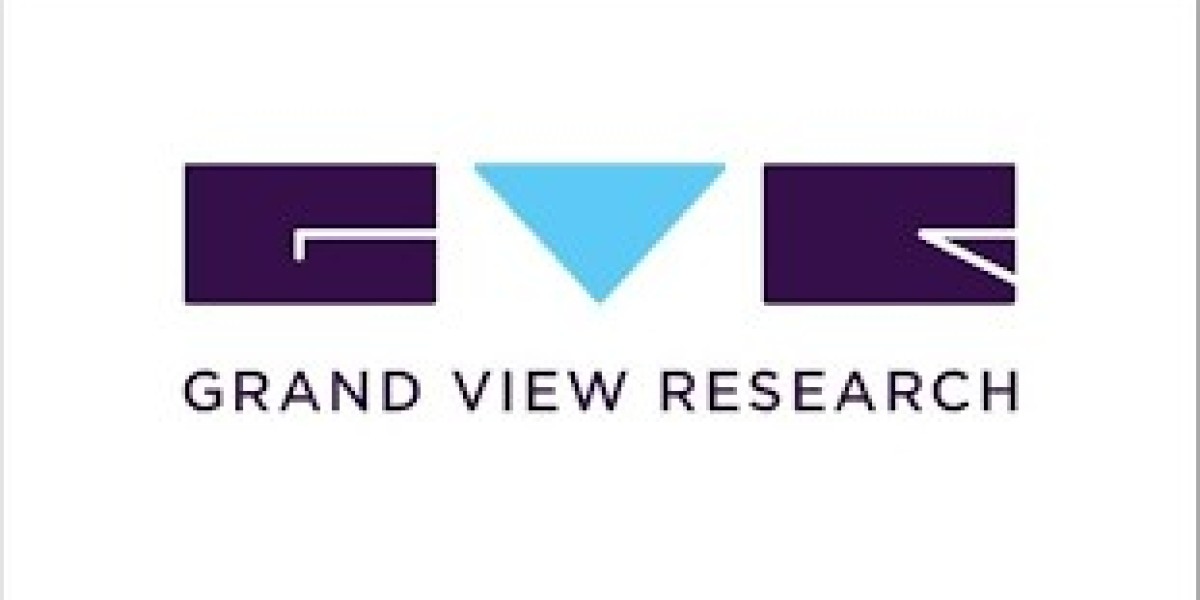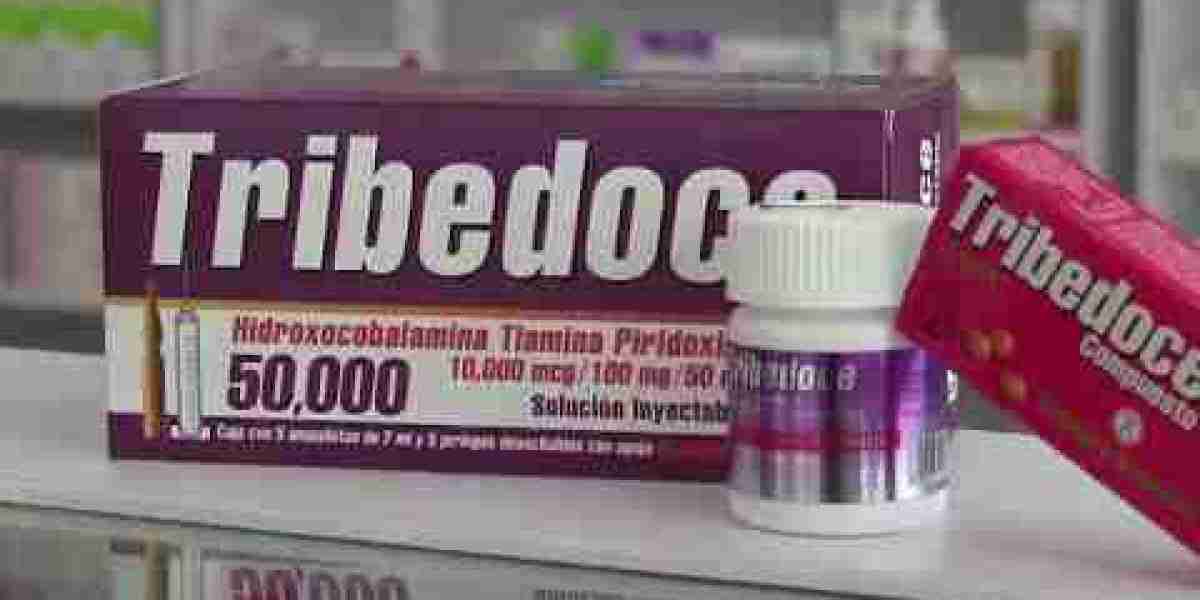The global molecular diagnostics market was valued at USD 25.75 billion in 2024 and is projected to grow at a compound annual growth rate (CAGR) of 3.97% from 2025 to 2030. This growth is driven by several key factors, including technological advancements, an expanding elderly population, and the rising demand for accurate and efficient genetic testing solutions. In particular, the growing popularity of Point-of-Care (POC) testing is reshaping the diagnostic landscape, fueled by increased patient awareness and a demand for faster, more accessible healthcare solutions.
The demand for rapid diagnostic results is encouraging innovation in portable and user-friendly testing platforms. One notable example is the development of a portable RT-PCR machine by Huwel Lifesciences in February 2023. This device is capable of detecting various viruses, including those causing respiratory diseases and sexually transmitted infections (STIs), in approximately 30 minutes. With accuracy comparable to traditional laboratory PCR testing, the machine is designed for clinical and corporate settings and eliminates the need for specialized environments or technical training. Such innovations are playing a crucial role in decentralizing healthcare and expanding diagnostic capabilities to more accessible locations.
A significant demographic factor propelling market growth is the aging global population. According to the World Population Prospects 2022, individuals aged 65 and older will account for approximately 16% of the global population by 2050, up from around 10% in 2022. This age group is particularly susceptible to chronic and infectious diseases, including cancer, cardiovascular conditions, diabetes, and neurodegenerative disorders. Molecular diagnostics, known for their precision and ability to detect diseases at early stages, are becoming increasingly essential to meeting the healthcare needs of this growing demographic.
The ongoing transformation of the molecular diagnostics market is also being driven by the evolution of Point-of-Care Testing (POCT). With the healthcare industry trending toward decentralization, there is a growing shift toward integrating smaller, more specialized diagnostic tools into various clinical departments. Modern POCT devices are being designed for specific medical applications, with an emphasis on precision, speed, cost-effectiveness, and ease of use. These trends are enabling a broader range of healthcare providers to adopt advanced diagnostic technologies, even in remote or resource-limited environments.
Market players are actively capitalizing on these developments by launching innovative POCT solutions. For instance, in November 2024, a groundbreaking pilot program in Texas introduced self-collected HPV screening tests as part of an initiative to increase access to cervical cancer screening among underserved populations. The program, launched at Su Clinica Federally Qualified Health Center (FQHC) in collaboration with The University of Texas MD Anderson Cancer Center, utilized the FDA-approved BD Onclarity HPV Assay. The aim is to evaluate the effectiveness of self-collection testing in real-world healthcare settings and address key barriers to cervical cancer screening, such as geographic isolation and socioeconomic inequities.
This initiative not only supports the broader adoption of molecular diagnostic tools but also underscores the growing relevance of POC solutions in addressing public health disparities. By validating the effectiveness of self-collected testing methods in community-based care models, the program seeks to build trust among healthcare professionals and policymakers in the viability of decentralized diagnostic strategies. It demonstrates the potential for POC diagnostics to extend care delivery, improve early disease detection, and enhance health outcomes in underserved populations.
In summary, the molecular diagnostics market is being shaped by a combination of demographic shifts, technological innovation, and evolving models of care delivery. As precision medicine becomes more deeply integrated into healthcare systems, the demand for rapid, accurate, and accessible diagnostic tools is expected to continue driving steady market growth.
Curious about the Molecular Diagnostics Market? Download your FREE sample copy now and get a sneak peek into the latest insights and trends.
Global Molecular Diagnostics Market Report Segmentation
Grand View Research has segmented the global molecular diagnostics market report based on the product, test location, technology, application, and region:
- Product Outlook (Revenue, USD Million, 2018 - 2030)
- Instruments
- Regards
- Others
- Test Location Outlook (Revenue, USD Million, 2018 - 2030)
- Point of care
- Self-test or OTC
- Central laboratories
- Technology Outlook (Revenue, USD Million, 2018 - 2030)
- Polymerase chain reaction (PCR)
- PCR, by Procedure
- Nucleic Acid Extraction
- Others
- PCR, by Type
- Multiplex PCR
- Other PCR
- PCR, by Product
- Instruments
- Reagents
- Others
- In Situ Hybridization (ISH)
- Instruments
- Reagents
- Others
- Isothermal Nucleic Acid Amplification Technology (INAAT)
- Instruments
- Reagents
- Others
- Chips and Microarrays
- Instruments
- Reagents
- Others
- Mass Spectrometry
- Instruments
- Reagents
- Others
- Transcription Mediated Amplification (TMA)
- Instruments
- Reagents
- Others
- Others
- Instruments
- Reagents
- Others
- Application Outlook (Revenue, USD Million, 2018 - 2030)
- Oncology
- Breast Cancer
- Prostate Cancer
- Colorectal Cancer
- Cervical
- Kidney
- Liver
- Blood
- Lung
- Other
- Pharmacogenomics
- Infectious disease
- MRSA
- Clostridium difficile
- Vancomycin-resistant enterococci
- Carbapenem-resistant bacteria testing
- Flu
- Respiratory syncytial virus (RSV)
- Candida
- Tuberculosis and drug-resistant TB
- Meningitis
- Gastro-intestinal panel testing
- Chlamydia
- Gonorrhea
- HIV
- Hepatitis C
- Hepatitis B
- Other Infectious Diseases
- Genetic testing
- Newborn screening
- Predictive and presymptomatic testing
- Others
- Neurological disease
- Cardiovascular disease
- Microbiology
- Others
- Oncology
- Regional Outlook (Revenue, USD Million, 2018 - 2030)
- North America
- US
- Canada
- Mexico
- Europe
- Germany
- UK
- France
- Italy
- Spain
- Sweden
- Denmark
- Norway
- Asia Pacific
- China
- Japan
- India
- South Korea
- Australia
- Thailand
- Latin America
- Brazil
- Argentina
- Middle East and Africa (MEA)
- South Africa
- Saudi Arabia
- UAE
- Kuwait
- North America
- PCR, by Procedure
- Polymerase chain reaction (PCR)
Key Molecular Diagnostics Companies:
The following are the leading companies in the molecular diagnostics market. These companies collectively hold the largest market share and dictate industry trends.
- BD
- BIOMÉRIEUX
- Bio-Rad Laboratories, Inc.
- Abbott
- Agilent Technologies, Inc.
- Danaher
- Hologic Inc. (Gen Probe)
- Illumina, Inc.
- Grifols
- QIAGEN
- F. Hoffmann-La Roche, Ltd.
- Siemens Healthineers AG
- Sysmex Corporation
Recent Developments
- In August 2024, Sysmex Corporation expanded its strategic alliance with QIAGEN to enhance genetic testing, focusing on research, development, production, clinical trials, and global sales marketing.
- In January 2023, QIAGEN announced the launch of its EZ2 Connect MDx platform, aimed at enhancing its automation capabilities for sample processing. The platform will be compatible with dPCR, PCR, and other downstream applications.
- In February 2023, BD received FDA Emergency Use Authorization for a molecular diagnostic test that detects COVID-19, influenza A/B, and RSV. The test, for use with the BD MAX System, provides results in under two hours from a single nasal or nasopharyngeal swab, improving testing efficiency during respiratory virus seasons.
- In April 2023, Quest Diagnostics Incorporated acquired the MRD Platform of Haystack Oncology. It is an early-stage business specializing in testing for Minimal Residual Disease (MRD).
Order a free sample PDF of the Market Intelligence Study, published by Grand View Research.



